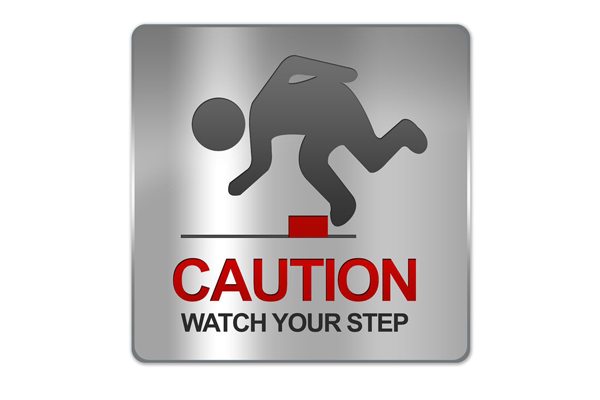CHICAGO, IL – When visiting someone’s property, whether it’s a store, a friend’s house or a public place, safety should be a given. Unfortunately, accidents can occur due to unsafe conditions, and when they do, Illinois law provides a framework to hold property owners accountable. Understanding premises liability can be crucial if you’ve been injured due to a property owner’s negligence. Here’s a comprehensive guide on what makes a property owner responsible for your injuries and how you can seek justice.
Understanding Premises Liability
Premises liability is a legal concept that assigns responsibility to property owners and occupiers to maintain a safe environment for visitors. If you’re injured because a property owner failed to address hazardous conditions, you may have a legal claim for compensation. This responsibility is designed to ensure that those who are lawfully on a property are protected from harm.
In Illinois, premises liability revolves around several core principles. To hold a property owner accountable, you must establish a few key factors. First, the property owner or occupier must have had control over the property where the injury occurred. This could be anyone from a business owner to a landlord or a tenant.
Next, you need to demonstrate that the property owner owed a duty of care to you. The nature of this duty depends on your status as a visitor. For instance, if you were on the property as an invitee—such as a customer in a store—the property owner is expected to uphold a high standard of care. This means maintaining a safe environment and regularly inspecting for hazards. On the other hand, if you were a licensee, like a social guest, the owner’s duty is to warn you about known dangers, though they are not required to inspect for unknown hazards.
Trespassers, who enter the property without permission, have a more limited protection. While property owners generally have a minimal duty to avoid causing willful or wanton harm to trespassers, the rules can vary, especially concerning children who might be drawn to hazardous conditions on the property.
Once you’ve established that a duty of care existed, you must prove that the property owner breached this duty. This involves showing that the owner failed to address or remedy a dangerous condition they knew about or should have known about. For example, if a store owner neglects to fix a leaking roof, leading to a slippery floor and a subsequent fall, this could be considered a breach of duty.
Causation is another crucial element. You need to connect the breach of duty directly to your injury, showing that the unsafe condition was a foreseeable cause of your accident. Simply having a hazard present on the property isn’t enough; it must be shown that the hazard directly contributed to the injury.
Finally, you’ll need to demonstrate the damages you’ve suffered as a result of the injury. This includes medical expenses, lost wages, pain and suffering, and any other related costs. Evidence such as medical records, photographs of the scene, and witness statements can support your claim and help quantify the damages.
Common Premises Liability Issues
Premises liability claims can arise from a variety of situations. Slip and fall accidents are among the most common, often resulting from wet floors, uneven surfaces, or loose carpeting. In such cases, property owners are expected to address these hazards promptly or provide adequate warnings.
Falling objects, inadequate lighting, and general unsafe conditions can also lead to liability. For instance, a business owner who fails to secure objects or maintain proper lighting in a parking lot could be held responsible if these issues cause an injury.
Swimming pools present their own set of challenges. Property owners with pools must ensure they are properly fenced and maintained to prevent accidents. Failure to do so can result in serious injuries or drowning incidents, for which the owner could be held liable.
What to Do If You’re Injured
If you suffer an injury on someone else’s property, taking immediate and strategic steps is crucial. Seek medical attention right away to address your injuries and document your treatment. Collect evidence by photographing the hazardous condition and your injuries, and gather witness statements if available. Report the incident to the property owner or manager to create an official record.
Consulting with a knowledgeable plaintiff attorney is essential for navigating the complexities of a premises liability claim. Our team of experienced attorney’s can help you understand your rights, gather necessary evidence and pursue the compensation you deserve.
Premises Liability Attorney in Chicago, Illinois
Premises liability laws in Illinois are designed to hold property owners accountable for maintaining a safe environment and addressing hazardous conditions. If you’ve been injured due to unsafe conditions on someone else’s property, understanding your rights and the legal process is key to seeking compensation. With the right legal support, you can ensure that you receive the justice and damages you’re entitled to.
For personalized legal advice and assistance with your premises liability case, reach out to our dedicated team of plaintiff attorneys at (312) 384-1920. We’re here to help you navigate your case and fight for the compensation you deserve.



